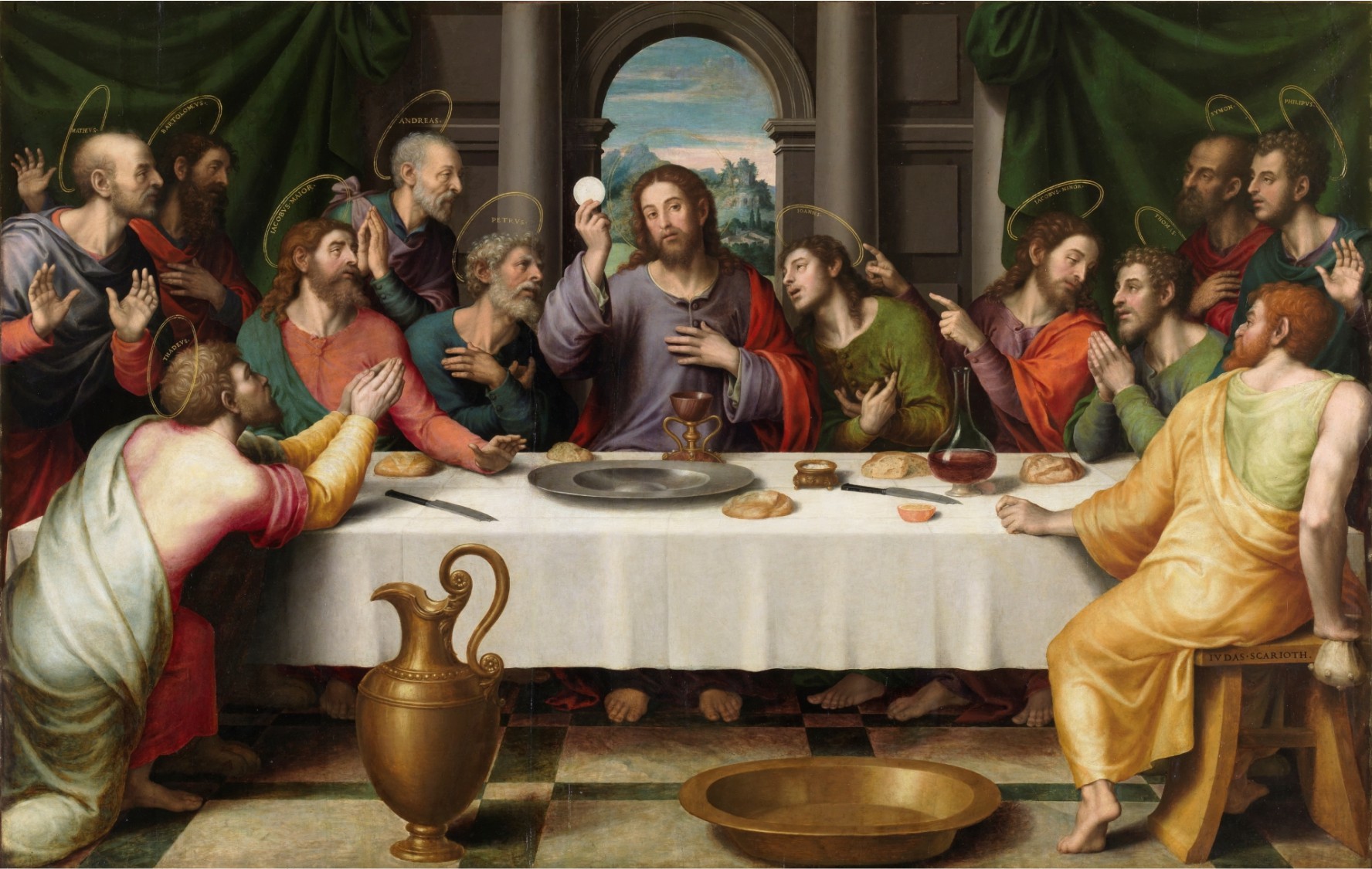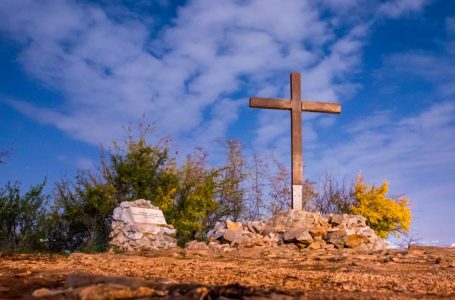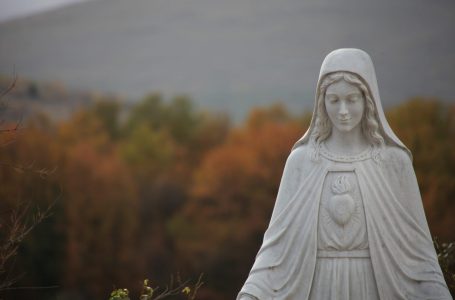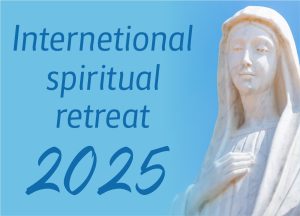
Many of the faithful go to Mass only on Sundays. So once a week they encounter Christ in the Eucharistic sacrifice. And each encounter requires some preparation on our part. During Mass, God speaks to us in the readings from Sacred Scriptures, Christ sacrifices Himself for us on the altar, makes Himself present to us in the bread, and offers Himself to us in Holy Communion. Holy Communion is a holy encounter of soul and heart with God who is hidden. Therefore, both soul and heart must be prepared to feel that presence which is hidden in the simple substance of the bread and wine, and to hear the divine silence in which God wants to speak to us and heal us. Each time it is an encounter with the living God through Jesus Christ.
Christ is always ready to meet us with the same love and make us happy. The experience of the encounter depends on both parties who meet. Both must be on the same wavelength to comprehend and understand each other. Both must be open in love for each other. If that is not there, there will be no encounter.
Preparation to encounter Christ takes place in prayer, in the reading of the Holy Scriptures, in consciously done good works, and in concrete work that is done out of the knowing that God has given us the opportunity to cooperate with Him. But if this knowing is absent, and if the believer does not live in this knowing, but instead works, runs, and lives all week long in tension, torn in many directions, and does not pray or read the Word of God at all, then the Sunday encounter completely exceeds him. Such a person, even with the best will, cannot experience an encounter with the living God, nor hear His Word, nor discern God’s will. In such a case, the believer is not touched by what takes place during Mass. Therefore, he remains on the periphery of the action. Therefore, it is possible that many believers have been attending Mass regularly all their lives and have never changed anything in their lives, or that the fruits of the Mass sacrifice are so unnoticeable that even they themselves no longer know why they attend Mass at all. This is where the Pharisee mentality develops, that it is more important for people to fulfill the Sunday law and “be at Mass” than to ask themselves, “How do I participate in my encounter with Christ, and what can I do to make each future encounter even more rewarding?”
Many of the faithful come to Mass without any preparation and at the last minute, when Mass is already beginning. A believer who enters into the mystery of God’s presence at Mass unprepared is in a great danger of finding the Mass boring and long, of not liking the priest, the sermon, the hymn or anything else. For the same reasons, he runs out of the church immediately after the final blessing and as soon as he is out, he has time to make friends, talk, walk around. It’s probably only occasionally that he continues to talk about the thoughts that the Word of God has left in us that day.
If the faithful “will be at Mass” in such haste and hurry, every once in a while he fulfills the law, but nothing takes place in him. Therefore, it is legitimate to ask: Why does this law exist?










